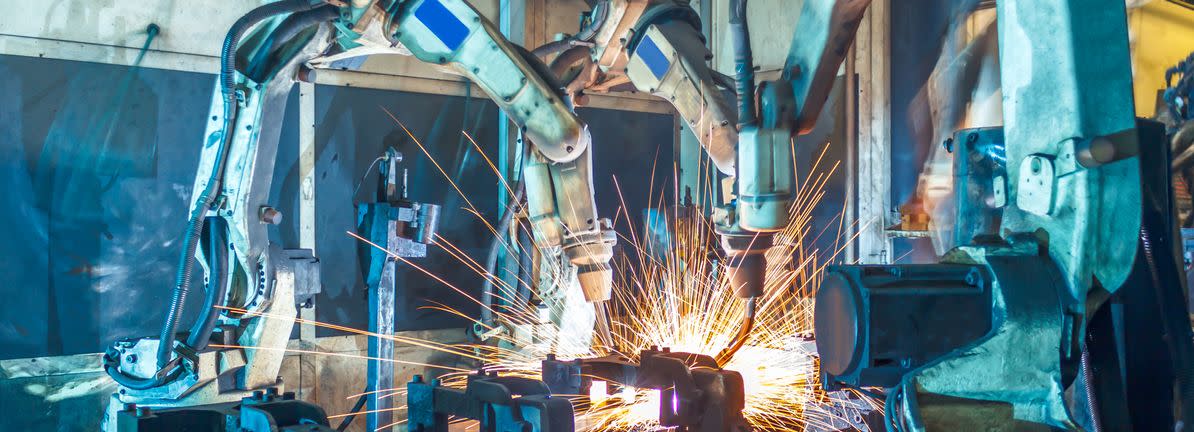
Mühlbauer Holding (ETR:MUB) has had a rough three months with its share price down 9.9%. However, stock prices are usually driven by a company’s financials over the long term, which in this case look pretty respectable.
Specifically, we decided to study ROE in this article. Return on equity or ROE is an important factor to be considered by a shareholder because it tells them how effectively their capital is being reinvested. In short, ROE shows the profit each dollar generates with respect to its shareholder investments.

Return on Equity = Net Profit (from continuing operations) ÷ Shareholders' Equity So, based on the above formula, the ROE for Mühlbauer Holding is: 12% = €32m ÷ €261m (Based on the trailing twelve months to June 2024). The 'return' is the yearly profit. That means that for every €1 worth of shareholders' equity, the company generated €0.
12 in profit. We have already established that ROE serves as an efficient profit-generating gauge for a company's future earnings. We now need to evaluate how much profit the company reinvests or "retains" for future growth which then gives us an idea about the growth potential of the company.
Assuming all else is equal, companies that have both a higher return on equity and higher profit retention are usually the ones that have a higher growth rate when compared to companies that don't have the same features. To start with, Mühlbauer Holding's ROE looks acceptable. Even when compared to the industry average of 10% the company's ROE looks quite decent.
However, while Mühlbauer Holding has a pretty respectable ROE, its five year net income decline rate was 13% . We reckon that there could be some other factors at play here that are preventing the company's growth. These include low earnings retention or poor allocation of capital.
That being said, we compared Mühlbauer Holding's performance with the industry and were concerned when we found that while the company has shrunk its earnings, the industry has grown its earnings at a rate of 15% in the same 5-year period. Earnings growth is a huge factor in stock valuation. It’s important for an investor to know whether the market has priced in the company's expected earnings growth (or decline).
By doing so, they will have an idea if the stock is headed into clear blue waters or if swampy waters await. One good indicator of expected earnings growth is the P/E ratio which determines the price the market is willing to pay for a stock based on its earnings prospects. So, you may want to , relative to its industry.
In spite of a normal three-year median payout ratio of 45% (that is, a retention ratio of 55%), the fact that Mühlbauer Holding's earnings have shrunk is quite puzzling. It looks like there might be some other reasons to explain the lack in that respect. For example, the business could be in decline.
Moreover, Mühlbauer Holding has been paying dividends for at least ten years or more suggesting that management must have perceived that the shareholders prefer dividends over earnings growth. Overall, we feel that Mühlbauer Holding certainly does have some positive factors to consider. Although, we are disappointed to see a lack of growth in earnings even in spite of a high ROE and and a high reinvestment rate.
We believe that there might be some outside factors that could be having a negative impact on the business. While we won't completely dismiss the company, what we would do, is try to ascertain how risky the business is to make a more informed decision around the company. would have the 2 risks we have identified for Mühlbauer Holding.
.







-and-Aiden-Upward-produced-a-65-run-partnership.jpeg?auto=webp&width=1200)






